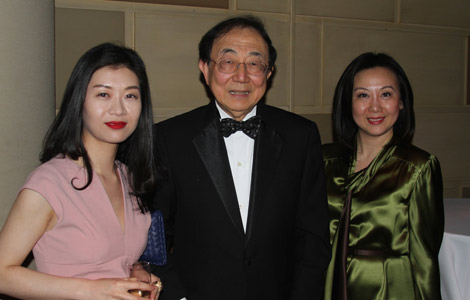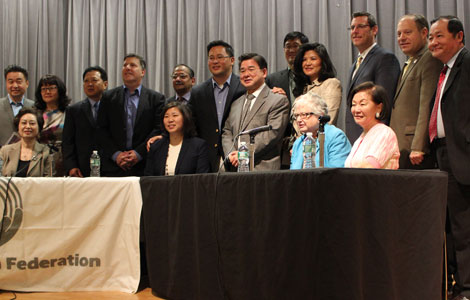Top court vows to enhance transparency
Updated: 2014-06-08 21:43
By AN BAIJIE (chinadaily.com.cn)
|
||||||||
China's top court has pledged to further improve the transparency of courts at multiple levels, amid a nationwide crackdown on corruption.
Zhou Qiang, president of the Supreme People's Court, said on Saturday that courts should help avert corruption in selecting and promoting judicial officials and that court staff members will be severely punished if they accept bribes.
Judicial authorities will boost transparency by setting up online platforms where records of trials are made public, Zhou said during a meeting on anti-corruption efforts.
Courts will implement the "eight-point" rules — frugality codes put forward by the Communist Party of China Central Committee in December 2012, which require government officials to get close to the people by cleaning up undesirable work styles such as extravagance and excessive bureaucracy, he said.
The top court will establish a system under which corrupt judicial officials and related supervisors will be punished in serious violation cases, he said.
During the meeting, department leaders of the Supreme People's Court also signed statements vowing to enhance supervision of judicial staff.
The statements are a good way to boost clean governance, and courts at all levels should implement similar practices to fight corruption, said Yu Guilin, a member of the standing committee of the CPC Central Commission for Discipline Inspection, China's top anti-graft watchdog.
Judicial authorities have stepped up anti-graft measures recently.
According to a judicial interpretation enacted on June 1, the courts have to disclose application materials submitted by inmates seeking parole or reduced sentences, while trials involving official misconduct, including corruption and bribery, must remain open.
The interpretation issued by the top court has made it more difficult for convicted officials to have sentences commuted, after news reports exposed how some imprisoned officials managed to get their sentences reduced by bribing judicial staff.
On May 30, Zhao Hongxing, 58, deputy chief of the Justice Department of Jilin province, was investigated for grave violation of discipline.
In August, four senior judges were removed from the Shanghai Municipal Higher People's Court's judicial committee over their alleged hiring of prostitutes at a nightclub.
Jiang Ming'an, a law professor at Peking University, said judicial authorities should improve their credibility, as media reports in recent years have exposed miscarriages of justice.
The judicial corruption cases have harmed the courts' credibility and led to an increasing number of petitions highlighting the problems, he said.
Contact the writer at anbaijie@chinadaily.com.cn

 Peking Opera charms New York City
Peking Opera charms New York City
 CUAA hosts basketball tournament in NYC
CUAA hosts basketball tournament in NYC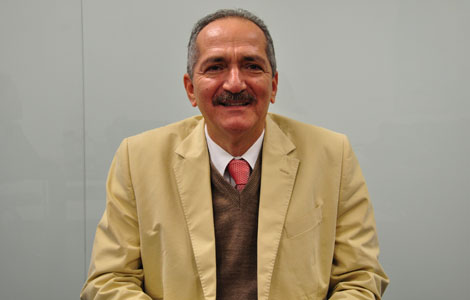
 Brazil ready to help China score
Brazil ready to help China score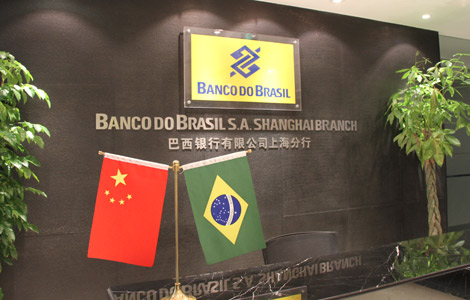
 Banco do Brasil opens branch in Shanghai
Banco do Brasil opens branch in Shanghai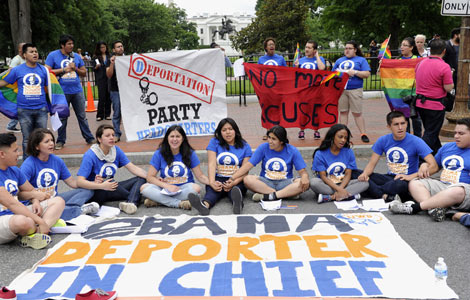
 White house sit-in against immigrant deportation
White house sit-in against immigrant deportation
 XCMG's new factory to create over 1,500 jobs
XCMG's new factory to create over 1,500 jobs
 Virginia's governor bids to expand China business ties
Virginia's governor bids to expand China business ties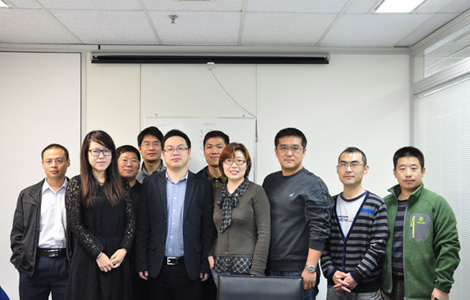
 Portuguese language training helps Chinese in Brazil
Portuguese language training helps Chinese in Brazil
Most Viewed
Editor's Picks

|

|

|

|

|

|
Today's Top News
Chinese navy to join 2014 RIMPAC naval drill
5 dead in Las Vegas shooting
Bergdahl says he was tortured
China's exports rebound in May
'Blue guards' shore up ocean conservation
Top court to enhance transparency
Chinese woo Buffet's lunch auction
US opens patent probe into toner cartridges
US Weekly

|

|
